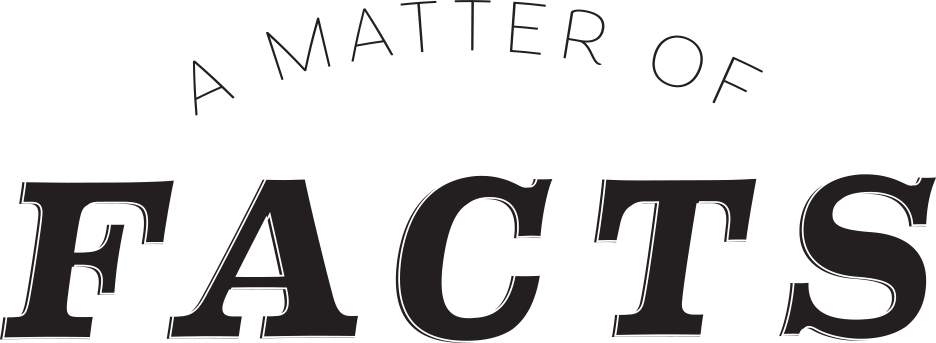By Jon Jeffryes
 The Senate Republican leadership recently released a draft of a proposed health care reform bill. It has generated a lot of discussion and analysis in the media and pundits are prognosticating a vote soon. The bill would repeal and replace the existing Affordable Care Act, popularly known as Obamacare.
The Senate Republican leadership recently released a draft of a proposed health care reform bill. It has generated a lot of discussion and analysis in the media and pundits are prognosticating a vote soon. The bill would repeal and replace the existing Affordable Care Act, popularly known as Obamacare.
This post will help you navigate the flow of information and point you to University of Minnesota Libraries resources and provide you with links to publicly available information to guide your understanding of the law and its ramifications.
Freely available resources on health care reform
The most direct way to learn the differences between the two approaches to health care reform is to review the full text of both documents.
- Politifact has posted the full text of the new proposal’s public draft.
- gov has the full text of the existing Affordable Care Act.
Popular news sources, New York Times, Wall Street Journal, and The Washington Post have articles looking at the new legislation from a variety of angles. NPR created a table comparing key aspects between the Affordable Care Act, the draft legislation from the House of Representatives, and the draft legislation from the Senate.
Library resources on health care reform
Scholars and writers have been analyzing the need for health care reform and the successes and failures of the Affordable Care Act. The Libraries have a good collection of books from multiple perspectives:
- Healthcare Disparities at the Crossroads with Healthcare Reform (online resource)
- The History and Evolution of Healthcare in America: The Untold Backstory of Where We’ve Been, Where We Are, and Why Healthcare Needs More Reform
- 150 Years of ObamaCare (Positive analysis)
- The Truth About Obamacare (Critical analysis)
The Libraries also subscribe to a database that provides information from both sides of controversial issues, Gale Opposing Viewpoints in Context. They have a section dedicated to “Health Insurance” that provides information on both the existing law and its proposed replacement.
University of Minnesota research and expertise
Experts@Minnesota shows the research coming out the University of Minnesota on the topic of the Affordable Care Act. Researchers from the School of Public Health, Carlson School of Management, and other departments in the Academic Health Center have looked at different impacts from the passage of the original law. University of Minnesota researchers have also looked more generally at health care reform.
At the Libraries, Shanda Hunt, liaison to Public Health, and Mary Schoenborn, liaison to Public Affairs, have expertise in information resources on different facets of the topic. Alicia Kubas, Government Publications Librarian, can guide users through government information published on the topic.
Health care reform can be a very politicized topic, it’s important to engage critically with any source and determine whether they have an agenda or bias in their presentation. Engaging with the primary sources for oneself can help cut through the confusion of misrepresentation. Looking for a wide variety of differing opinions can help identify unseen strengths and weaknesses.
The Association of College and Research Libraries’ Framework for Information Literacy reminds researchers that “Authority Is Constructed and Contextual” therefore investigating sources of an article and information found on the internet and TV is integral to critically engagement. It also views “Searching as Strategic Exploration” — don’t stop after reading one article, keep digging to understand the complexities and multiple facets of this important topic.





